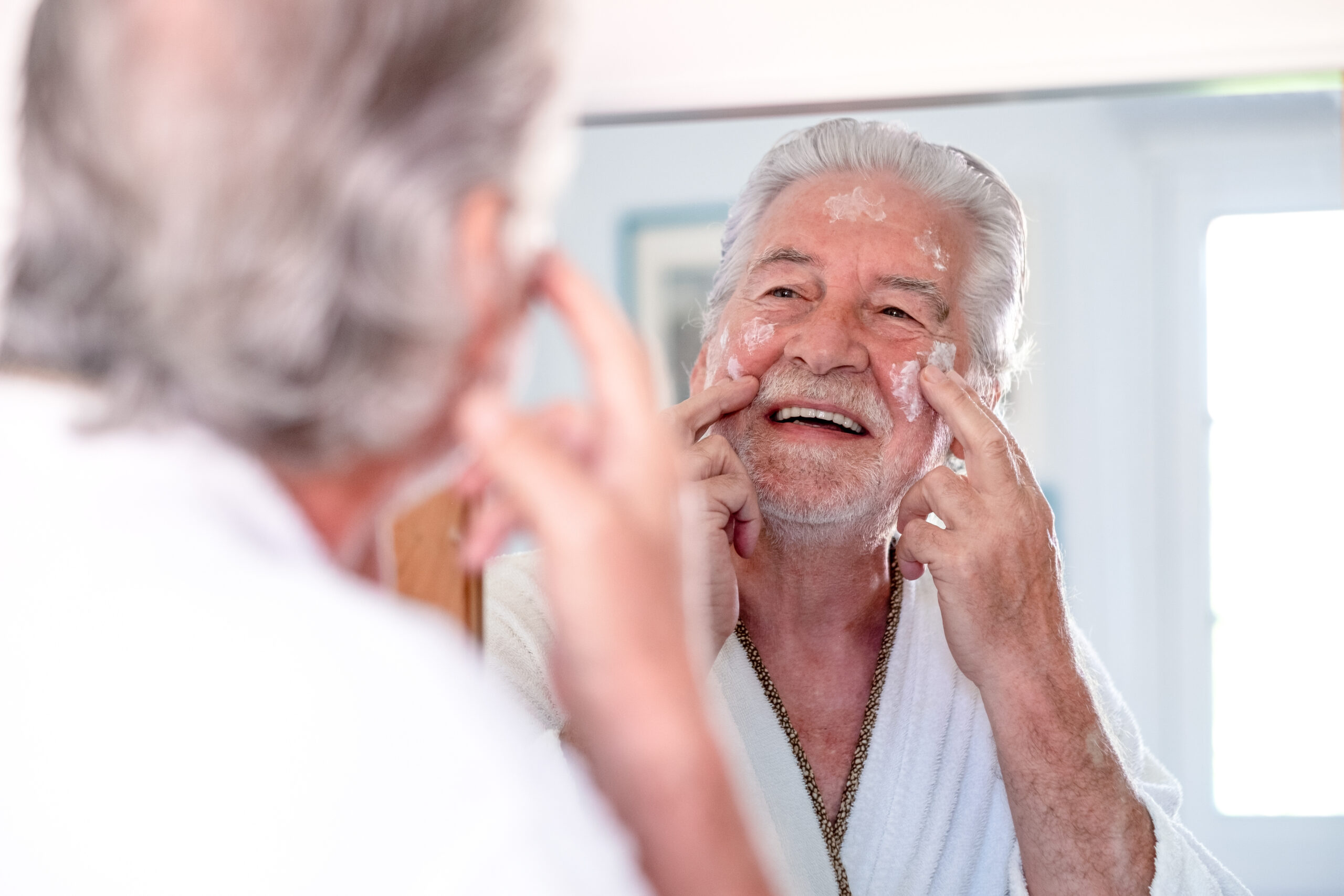By John Chipponeri
For much of my life, I believed that being a man was about being strong and successful including a solid education, a successful career, a big house, nice car and strong finances. Like many men, I also learned early that showing emotions or admitting struggles was a sign of weakness. The unspoken rule was simple: keep it together, push through, and never let anyone see you falter.
Over time, I realized that this idea of masculinity was not only limiting but also damaging. It kept me disconnected from others and from myself. It created pressure to live behind a mask of performance and toughness rather than embracing who I truly was. Today, I see masculinity differently. I believe vulnerability is not weakness at all. Vulnerability is strength, and learning to embrace it is essential if we want to create a healthier future for men and for the communities we are part of.
The Old Story of Masculinity
Traditional ideas of masculinity have long centered around control, independence, and dominance. While qualities like resilience and responsibility have their place, the old story often left no room for emotions, sensitivity, asking for help and true care for others..
The result was a culture where many men felt isolated. Struggles with mental health, addictions, or relationship challenges often stayed hidden. Without spaces to share openly, men carried their burdens alone, sometimes leading to destructive choices or deep inner pain.
What Vulnerability Really Means
Vulnerability is often misunderstood. It is not about weakness or lack of courage. Vulnerability is the willingness to be honest and open, even when it feels uncomfortable. It is admitting when we are scared, sad, uncertain or wrong. It is asking for help when we need it.
I have found that vulnerability is one of the most courageous things a man can practice. It takes strength to remove the armor we have built around ourselves and let others see us as we are. It takes trust to share our truth and risk being misunderstood. Vulnerability is not about losing power. It is about finding a being in touch with oneself and better connecting with reality.
Vulnerability in Men’s Work
In men’s groups and circles, I have seen the power of vulnerability firsthand. When one man takes the risk to share his heart and his struggles, it often opens the door for others to do the same. What begins as silence and guardedness can shift into care, trust, support, and healing.
These spaces remind us that none of us are alone. Every man carries wounds, doubts, and fears. When we are willing to put down the mask, we discover a deeper strength that comes from authenticity. Vulnerability builds brotherhood because it invites honesty, compassion, and empathy.
Why Vulnerability Heals
Vulnerability is not only about connection with others. It also heals the relationship we have with ourselves. When we stop pretending to have it all together, we give ourselves permission to accept ourselves and grow. We learn to accept our humanity, flaws included.
For men walking through recovery or personal transformation, vulnerability is a vital step. It creates the space for honesty, which is the foundation of lasting change. We cannot heal what we are unwilling to face. Vulnerability brings truth into the light, where it can be acknowledged and transformed.
Vulnerability and Leadership
Strong leadership does not come from pretending to be invincible. It comes from showing up as real and approachable. Leaders who are vulnerable create environments where others feel safe to share ideas, voice concerns, and be themselves.
When leaders admit mistakes or show their humanity, they model humility. They show that growth is possible for everyone. Vulnerability builds trust in a way that control and authority alone never can.
In my own experience, I have found that the moments I have been most open with others are the moments that created the deepest connections. Vulnerability in leadership is not about giving up strength. It is about leading with authenticity and compassion.
A New Vision of Masculinity
If we want a healthier future, we need to redefine masculinity. Strength can no longer mean silence or emotional distance. True strength means resilience and responsibility, but it also means compassion, openness and connection.
This vision of masculinity embraces both courage and compassion. It values honesty as much as toughness. It honors men not for what they hide, but for how they show up as whole human beings.
When we embrace vulnerability, we also challenge the old belief that men must carry their burdens alone. Instead, we recognize that real strength comes from community, from asking for help, and from walking alongside others.
Moving Forward Together
The shift toward a healthier form of masculinity will not happen overnight. It will take courage, practice, and patience. But I believe it begins with small steps. When one man chooses to be vulnerable, it creates a ripple effect that encourages others to do the same.
Each time we share openly, listen without judgment, or support a brother in his struggles, we are building a new story. A story where men are free to be whole, honest, and connected. A story where strength and vulnerability walk hand in hand.
